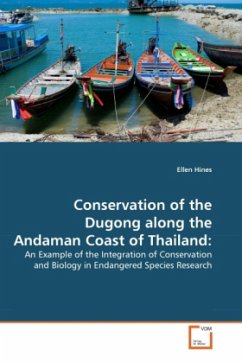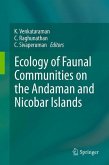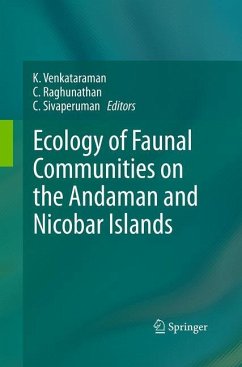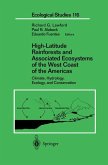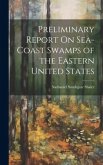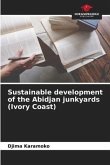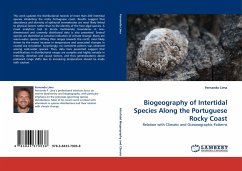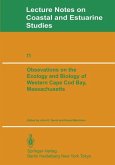This project investigates the integration of scientific methodology with community and other locally relevant management issues using dugong research on the Andaman coast of Thailand. I examine the role of science, the scientist, government, and the community in wildlife conservation issues. I then make recommendations for an integrated conservation management process for marine mammals and their habitats that are directly endangered by human activities. In any conservation process, it is necessary to understand the historical and socioeconomic perspective interactions between people and nature. Communication between scientists, government, and the community is crucial for effective conservation planning. Scientists can be a catalyst for social change by communicating the importance of the implications of their research, and collaborating with agencies, users, educators, local scientists, and NGO's.

